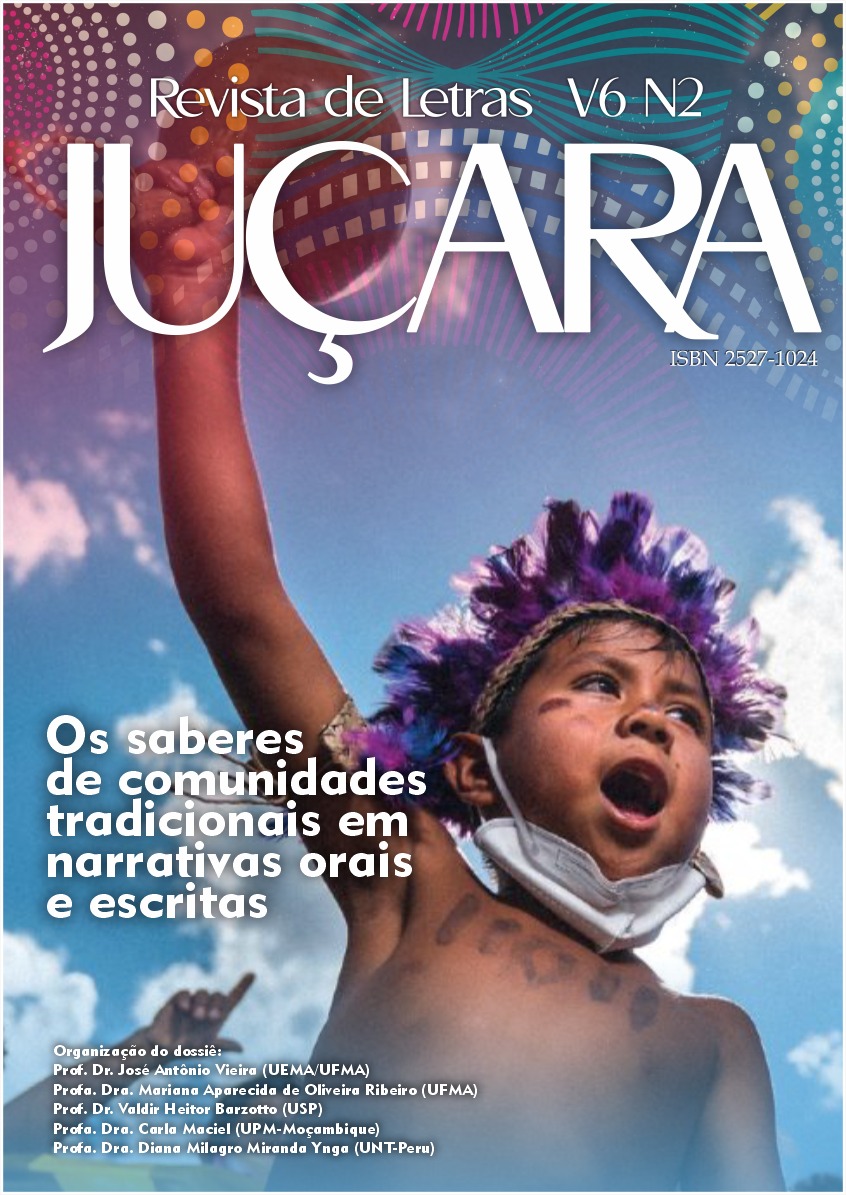POPULAR KNOWLEDGE IN THE ORAL NARRATIVES: LINGUISTIC MARKS AND SYMBOLS OF RESISTANCE OF THE QUILOMBOLA COMMUNITIES
DOI:
https://doi.org/10.18817/rlj.v6i2.3003Abstract
ABSTRACT
Considering that oral narratives are linguistic marks of resistance of the quilombola communities and are part of fiction and history as discourses of human constructs by the analysis of the vestiges of the past in the present, constituting a linguistic vision to be highlighted through variation, this paper discusses aspects of language variation in oral narratives, questioning the constitution of quilombola identity and their place of speech as a symbol of resistance, represented by a linearity of oral stories. In order to analyze the linguistic variation, as an expression of the struggle of the Africans who were subjected to various types of services, punishments and oppression; the oral narratives are currently told in the remnant communities and still keep alive in the memory the resistance of enslaved people. For this we use a bibliographical research with theoretical basis of some authors such as Acácio Santos and Sérgio Norte (2017); Renato Mendonça (2012); Walter Benjamim (1994). Through this research it was possible to observe how the African language influenced the structure of Portuguese, besides being a symbol of representativeness and resistance of Africans.
Keywords: history; oral narratives; linguistic variation; resistance.
Downloads
Published
How to Cite
Issue
Section
License
Copyright (c) 2022 Elane da Silva Plácido, Andreza De Souza Silva

This work is licensed under a Creative Commons Attribution 4.0 International License.
A submissão de originais para a Revista de Letras Juçara implica na transferência, pelos autores, dos direitos de publicação. Os direitos autorais para os artigos publicados nesta revista são do autor, com direitos da revista sobre a primeira publicação. Os autores somente poderão utilizar os mesmos resultados em outras publicações indicando claramente a Revista de Letras Juçara como o meio da publicação original.


